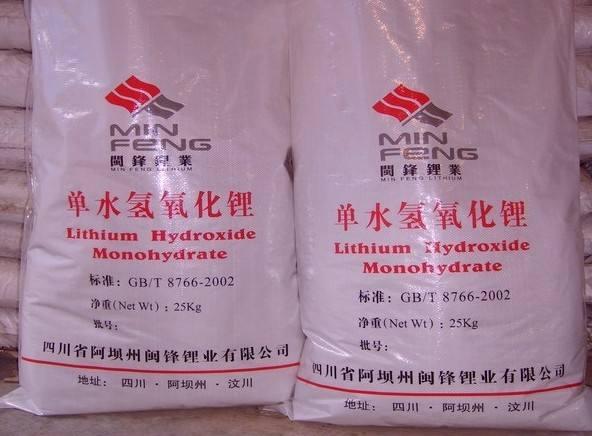In 2018, China turned from a large lithium salt importing country to a lithium salt exporting country. Overall, the sharp increase in China's lithium hydroxide exports is on the one hand the release of China's lithium producer capacity, and on the other hand, the rapid growth in demand for lithium hydroxide overseas.
On March 4th, today, Li Branch of China Nonferrous Metals Industry Association released a briefing on the import and export of lithium products in 2018. The data show that in 2018, affected by the new policy of 6.12 new energy vehicles, the lithium iron phosphate market was cold, leading to 2018. The annual import of lithium carbonate has decreased, and at the same time, lithium hydroxide is also driven by the trend of ternary batteries, and international demand has increased significantly.
(Unit: ton, 10,000 yuan)
In 2018, China's total import of lithium carbonate was 24,000 tons, a decrease of 20% year-on-year. The average land price was 96,500 yuan/ton, and the total net import was 13,000 tons.
In 2018, China's total export of lithium hydroxide was 27,000 tons, a year-on-year increase of 40.7%, the average offshore price was 96,000 yuan/ton, and the net export volume of lithium hydroxide in China was 26,000 tons.
In 2018, the annual import of lithium products was 29,000 tons, down 20% year-on-year; the export of lithium products was 42,300 tons, up 96.4% year-on-year; the total net export was 13,300 tons.
In 2018, China turned from a large lithium salt importing country to a lithium salt exporting country. Overall, the sharp increase in China's lithium hydroxide exports is on the one hand the release of China's lithium producer capacity, and on the other hand, the rapid growth in demand for lithium hydroxide overseas.
In recent years, China's lithium extraction process has been continuously upgraded, and the lithium salt processing plant has actively expanded its production capacity; several major foreign lithium salt producers have also established factories in China, such as Albemarle Corp. and FMC. Domestic lithium salt supply is increasing, and the domestic supply and demand gap is shrinking year by year. Therefore, in the case of meeting domestic demand, the export of lithium salt will become larger and larger. In addition, as the battery energy density requirements continue to increase, the process of high nickelization will gradually accelerate in the future, and the gradual marketization of ternary materials will also lead to an increase in the demand for international lithium hydroxide.
In addition, at ABEC 2018 (battery "Davos") held last year, Zengrong Li, general manager of Minmetals Saline Lake Co., Ltd., revealed that with the development of battery technology, more and more battery materials use lithium hydroxide as the source of lithium. . Although there is no large-scale installation of lithium hydroxide directly from the salt lake brine, relevant research institutes and salt lake lithium companies have started relevant work. Companies such as Minmetals and Lake Lithium have included lithium hydroxide in their plans. It is believed that in the next 1-2 years, the battery-grade lithium hydroxide directly prepared from the salt lake brine will be available, which will benefit the development of the lithium battery industry.

